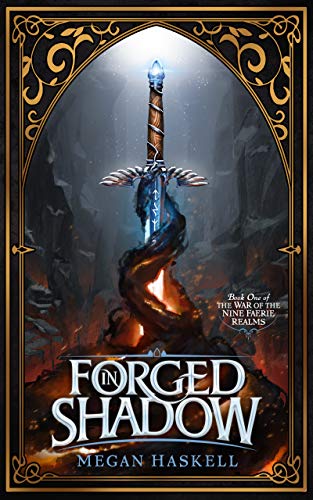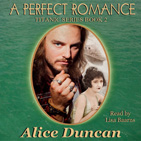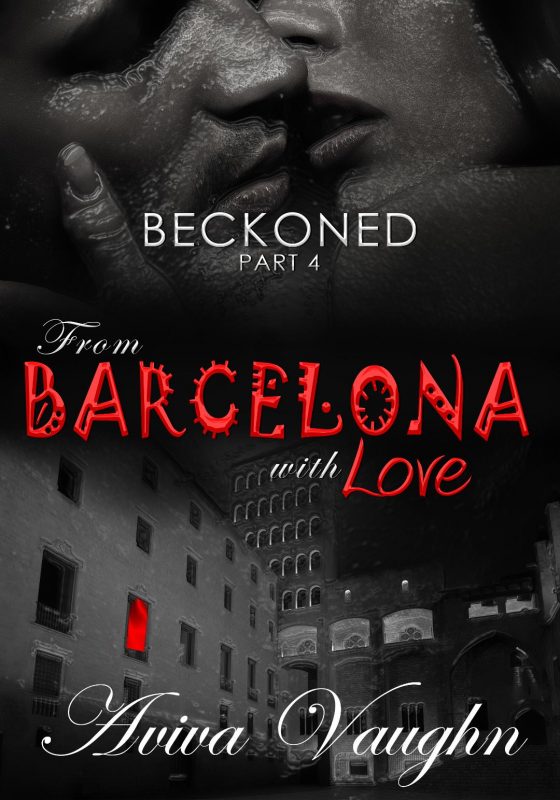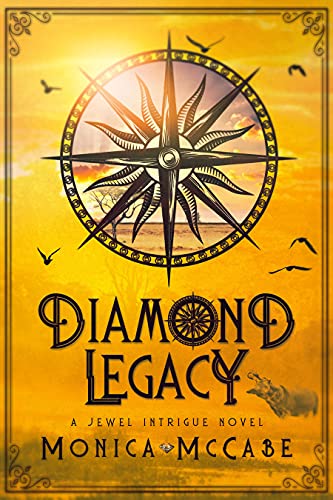
I regularly turn to my writing critique group to share my WIP and gain valuable feedback from fellow writers.

But I also find much value in my monthly book group—and not just because I love to read and then discuss what I’ve read. I marvel at how divergent opinions can be about a book. I’ve wondered at times: Are we talking about the same novel?
Sometimes—actually, rarely—the group coalesces in full delight about a book. More often, some love it, some find it so-so, and some are outright sorry they read beyond the first chapter.
Of course, sites like Goodreads offer ratings and reviews on books for people who don’t have or don’t want to be in a book discussion group. But sitting together with a glass of wine and a plate of snacks is my preferred way of finding out what others think about that new novel or latest work of nonfiction. (My group reads both.)

As a writer, I also see how my take on a book is often at least somewhat different from a nonwriter. I can get caught up in the craft—how do the sentences flow, why did the author use that story structure—and forget that most readers just want a good story. The structural elements are important; they are the solid framework upon which the good story is built. But many readers are willing to give a pass on less-than-perfect structure if they are compelled to keep turning the pages to find out what’s going to happen.
It’s often a reminder to me that as writers we can’t predict what will appeal or connect with readers. One example is Kate Atkinson’s A God in Ruins. While I thoroughly enjoyed the novel—the crisp narrative, the layered characters, the grim depiction of war—I was disappointed in the ending, which I thought was a cheap shot, the equivalent of a story in which the main character wakes up to realize it’s all been a dream. But one member of my group gave an alternative explanation. For her, the ending with its surprise reveal represented the awful price the soldiers paid: that they forfeited their future, of what might have been. I had to agree.
- Author Bio
- Recent posts
- Books
-
March 30, 2025
The conversations murmuring around her provided white noise for Erica as she sat at her laptop in the busy coffeeshop. One more chapter to finish. Then a scrap of an exchange broke through her deep concentration.
-
January 30, 2025
Shaun held the framed photo of his grandfather and traced the image with his finger.
“He was such a great man.”
-
December 30, 2024
The clock read fifteen minutes to midnight on New Year’s Eve, and the party had descended into arguments instead of winding up for the big calendar change.
-
November 30, 2024
Today was her birthday, but her closest friends were busy, so Nicole took herself out to dinner. The Purple Potted Plant was her favorite restaurant for special occasions, and this year qualified as one: her fortieth.
-
October 30, 2024
The post promised an autumnal birding phenomenon not to be missed. Steph wasn’t really a birder—she could never tell one sparrow from another—but she did like birds.

Related
Affiliate Links
A Slice of Orange is an affiliate with some of the booksellers listed on this website, including Barnes & Nobel, Books A Million, iBooks, Kobo, and Smashwords. This means A Slice of Orange may earn a small advertising fee from sales made through the links used on this website. There are reminders of these affiliate links on the pages for individual books.
Search A Slice of Orange
Find a Column
Archives
Featured Books
FORGED IN SHADOW
In the chaos of war, not all heroes shine. Some must rise from shadows to claim the light.
More info →A PERFECT ROMANCE
Side by side on the fateful night of the Titanic disaster . . .
More info →BECKONED, PART 4: FROM BARCELONA WITH LOVE
It was never going to be easy.
More info →AIR ATTACK
He doesn’t need a minor goddess getting in his way—no matter how much the redhead tempts him.
More info →DIAMOND LEGACY
Diamonds ruined his life and he’s on a path of revenge.
More info →Newsletter
Contributing Authors
Search A Slice of Orange
Find a Column
Archives
Authors in the Bookstore
- A. E. Decker
- A. J. Scudiere
- A.J. Sidransky
- Abby Collette
- Alanna Lucus
- Albert Marrin
- Alice Duncan
- Alina K. Field
- Alison Green Myers
- Andi Lawrencovna
- Andrew C Raiford
- Angela Pryce
- Aviva Vaughn
- Barbara Ankrum
- Bethlehem Writers Group, LLC
- Carol L. Wright
- Celeste Barclay
- Christina Alexandra
- Christopher D. Ochs
- Claire Davon
- Claire Naden
- Courtnee Turner Hoyle
- Courtney Annicchiarico
- D. Lieber
- Daniel V. Meier Jr.
- Debra Dixon
- Debra H. Goldstein
- Debra Holland
- Dee Ann Palmer
- Denise M. Colby
- Diane Benefiel
- Diane Sismour
- Dianna Sinovic
- DT Krippene
- E.B. Dawson
- Emilie Dallaire
- Emily Brightwell
- Emily PW Murphy
- Fae Rowen
- Faith L. Justice
- Frances Amati
- Geralyn Corcillo
- Glynnis Campbell
- Greg Jolley
- H. O. Charles
- Jaclyn Roché
- Jacqueline Diamond
- Janet Lynn and Will Zeilinger
- Jaya Mehta
- Jeff Baird
- Jenna Barwin
- Jenne Kern
- Jennifer D. Bokal
- Jennifer Lyon
- Jerome W. McFadden
- Jill Piscitello
- Jina Bacarr
- Jo A. Hiestand
- Jodi Bogert
- Jolina Petersheim
- Jonathan Maberry
- Joy Allyson
- Judy Duarte
- Justin Murphy
- Justine Davis
- Kat Martin
- Kidd Wadsworth
- Kitty Bucholtz
- Kristy Tate
- Larry Deibert
- Larry Hamilton
- Laura Drake
- Laurie Stevens
- Leslie Knowles
- Li-Ying Lundquist
- Linda Carroll-Bradd
- Linda Lappin
- Linda McLaughlin
- Linda O. Johnston
- Lisa Preston
- Lolo Paige
- Loran Holt
- Lynette M. Burrows
- Lyssa Kay Adams
- Madeline Ash
- Margarita Engle
- Marguerite Quantaine
- Marianne H. Donley
- Mary Castillo
- Maureen Klovers
- Megan Haskell
- Melanie Waterbury
- Melisa Rivero
- Melissa Chambers
- Melodie Winawer
- Meriam Wilhelm
- Mikel J. Wilson
- Mindy Neff
- Monica McCabe
- Nancy Brashear
- Neetu Malik
- Nikki Prince
- Once Upon Anthologies
- Paula Gail Benson
- Penny Reid
- Peter Barbour
- Priscilla Oliveras
- R. H. Kohno
- Rachel Hailey
- Ralph Hieb
- Ramcy Diek
- Ransom Stephens
- Rebecca Forster
- Renae Wrich
- Roxy Matthews
- Ryder Hunte Clancy
- Sally Paradysz
- Sheila Colón-Bagley
- Simone de Muñoz
- Sophie Barnes
- Susan Kaye Quinn
- Susan Lynn Meyer
- Susan Squires
- T. D. Fox
- Tara C. Allred
- Tara Lain
- Tari Lynn Jewett
- Terri Osburn
- Tracy Reed
- Vera Jane Cook
- Vicki Crum
- Writing Something Romantic
Affiliate Links
A Slice of Orange is an affiliate with some of the booksellers listed on this website, including Barnes & Nobel, Books A Million, iBooks, Kobo, and Smashwords. This means A Slice of Orange may earn a small advertising fee from sales made through the links used on this website. There are reminders of these affiliate links on the pages for individual books.






























































As we often say among poets, once a poem leaves the poet, it becomes the reader’s poem. Each reader brings their own life experience, emotion and perspective to a narrative of any kind. I suppose the novel or story becomes an extension of the reader’s mind in that respect.
Neetu, yes, I agree. We bring what we know to the works we are reading. When a friend/another reader turns that prism slightly for us, we are able to glimpse a different point of view.